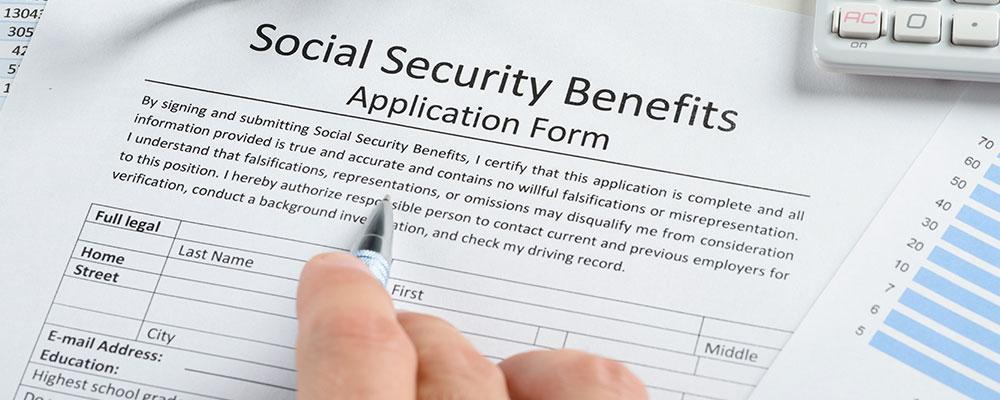Understanding Social Security Benefits in Divorce

Divorce Attorneys in DuPage County Explain Social Security Income
Since the Social Security Act was signed by President Franklin Roosevelt in 1935, hundreds of millions of Americans have collected Social Security benefits. There are several types of Social Security benefits, including benefits designed to help individuals who are disabled and unable to work. When most people talk about Social Security benefits, however, they are usually referring to the benefits that are available to American workers who have reached retirement age. While Social Security retirement benefits were never meant to be an older adult's primary source of post-retirement income, many retirees and their spouses rely heavily on such benefits.
At Goostree Law Group, we understand not only the intricacies of the Social Security system but also how Social Security retirement benefits can be affected by a divorce later in life. Our experienced attorneys will work with you in protecting your eligibility for retirement benefits through Social Security so that you will have the resources you need for the road ahead.
The Basics of Social Security Retirement Benefits
Your basic eligibility for Social Security retirement benefits depends on your work history. In general, if you have worked for at least ten years in the private sector, you are eligible to receive retirement benefits through Social Security beginning at age 62. The amount of your retirement benefits will be based on the number of years you worked and paid into the Social Security system. If you choose to begin receiving payments at age 62, your benefits will be permanently reduced by a predetermined percentage. However, your benefits will not be reduced if you wait until you reach "full retirement age," which is between age 65 and 67, depending on your birth year. If you are able to wait even longer, your benefits will be permanently increased for each year you delay retirement up to age 70.
Spouse's Retirement Benefits
Through Social Security, you could qualify for spousal retirement benefits if you are at least age 60 and your spouse is currently receiving retirement (or disability) benefits—even if you did not work enough to qualify for your own retirement benefits. The amount of your benefits will be based on your spouse's work history. The benefits available to you will be one-half of your spouse's full retirement benefit, presuming you wait to claim benefits until the full retirement age for your birth year. You could start receiving a reduced amount beginning at age 62. It is important to note that if you collect the spouse's retirement benefit, it will not reduce the benefits that your spouse receives.
If you qualify for benefits by virtue of your own work history but your own benefits would be less than your one-half of your spouse's benefit, you are likely eligible to collect the difference from Social Security up to the higher eligible amount.
The Complications of a Divorce
Once you and your spouse get divorced, the eligibility rules for spouse's retirement benefits change. You could still qualify for one-half of your ex-spouse's benefit, but only if you were married for at least ten years and have been divorced for two years. Your benefits will also be available even if your spouse has not claimed his or her benefits yet. Again, claiming your benefits will not affect the amount that your spouse will receive. It is important to keep in mind that you can continue collecting benefits based on your ex-spouse's work history even if your ex gets remarried. If you get remarried, you will lose your ability to claim your benefits on your ex's work history for at least the duration of your remarriage.
There are many factors to consider if you are nearing retirement age and are thinking about a divorce. Your ability to collect Social Security retirement benefits is one that must be taken seriously. At Goostree Law Group, we are equipped to help you analyze your situation, your needs, and your available options so that you can make the best possible decisions for your future.
Call 630-634-5050 Today
For more information about how your divorce might affect your Social Security retirement benefits, contact our office. Call 630-634-5050 for a free consultation and case evaluation today. Our firm serves clients in Wheaton, Downers Grove, Hinsdale, St. Charles, Batavia, Elgin, Sugar Grove, Kane County, DuPage County, Kendall County, and throughout Northern Illinois.
 630-634-5050
630-634-5050










